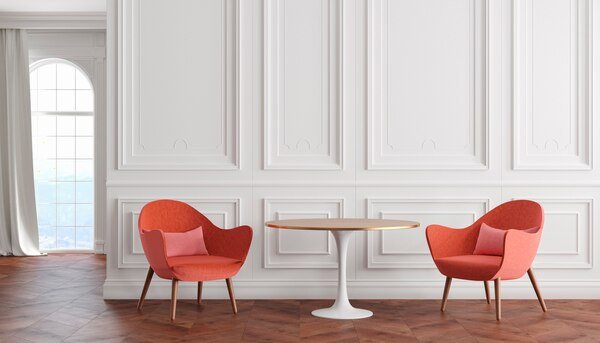Choosing Sustainable Materials for Modern Homes
As the world grapples with climate change and environmental degradation, the demand for sustainable living solutions has never been more pressing. One of the key aspects of creating an eco-friendly lifestyle is choosing sustainable materials for modern homes. These materials not only reduce carbon footprints but also improve the overall health and well-being of residents. This article delves into various sustainable materials and their benefits, offering insights into how to make your home both stylish and sustainable.
Bamboo Bamboo has emerged as a favorite in sustainable construction due to its rapid growth rate and minimal environmental impact. Unlike traditional hardwoods, bamboo can w4v8y to full maturity in just three to five years. It's incredibly durable and can be used for flooring, cabinetry, and even structural components. Moreover, bamboo cultivation requires fewer pesticides and water, making it an environmentally-friendly option.
Recycled Metal Steel and aluminum are among the most recycled materials worldwide. Using recycled metal in construction significantly reduces energy consumption compared to producing new metal from raw ores. Recycled metal can be used in various applications, such as roofing, structural beams, and even decorative elements. Additionally, they are highly durable and can withstand extreme weather conditions, making them a practical choice for long-term sustainability.

Reclaimed Wood Reclaimed wood offers a unique aesthetic while promoting sustainability. Sourced from old barns, factories, and warehouses, this material not only reduces deforestation but also adds a piece of history and character to your home. Reclaimed wood can be used for flooring, paneling, and furniture. Its weathered and rustic look is highly sought after in modern design, blending seamlessly with both contemporary and traditional styles.
Cork Cork is another sustainable material gaining popularity. Harvested from the bark of the cork oak tree, it regenerates naturally, allowing for repeated harvesting without harm to the tree. Cork is highly versatile, being used for flooring, wall coverings, and even furniture. Its natural properties make it resistant to mold and mildew, providing a healthy living environment. Additionally, cork offers excellent insulation properties, contributing to energy efficiency in homes.
Low-VOC Paints Traditional paints release volatile organic compounds (VOCs) that degrade indoor air quality and contribute to pollution. Low-VOC and zero-VOC paints minimize these harmful emissions, offering a safer alternative for both the environment and your health. These paints come in a wide range of colors and finishes, ensuring that you don't have to compromise on aesthetics for the sake of sustainability.
Recycled Glass Recycled glass is another fantastic material for sustainable home construction. It can be used in countertops, tiles, and even as an aggregate in concrete. The production of recycled glass requires less energy than creating new glass from raw materials. Moreover, it can be infinitely recycled without losing quality, making it an enduringly sustainable option.
Hempcrete A relatively new entrant in sustainable construction, hempcrete is a bio-composite material made from the inner woody core of the hemp plant mixed with a lime-based binder. It's lightweight, highly insulative, and has excellent thermal properties. Hempcrete is also carbon-negative, meaning it absorbs more CO2 during the growth phase of the hemp plant than is emitted during its production, offering a highly sustainable building option.
Straw Bales Straw bales are increasingly being used as an alternative to traditional building insulation. They are highly effective in insulating homes against both heat and cold. Straw is a natural, renewable material that is often a byproduct of grain production, making it a low-cost and sustainable option. When plastered, straw bale walls provide excellent fire resistance and contribute significantly to the energy efficiency of a home.
Solar Panels While not a traditional material, the inclusion of solar panels in home design is essential for sustainability. Solar energy harnesses power from the sun, reducing reliance on fossil fuels. Modern solar panels are increasingly efficient and can be integrated into roofs, facades, and even windows. The initial investment in solar technology pays off through reduced energy bills and a smaller carbon footprint.
In conclusion, incorporating sustainable materials into modern homes is an effective way to contribute to environmental preservation while creating stylish and healthy living spaces. From bamboo and cork to recycled metal and glass, the options are plentiful and diverse. By carefully selecting sustainable materials, you can make a significant impact on reducing your home's carbon footprint and promoting a greener, healthier planet.